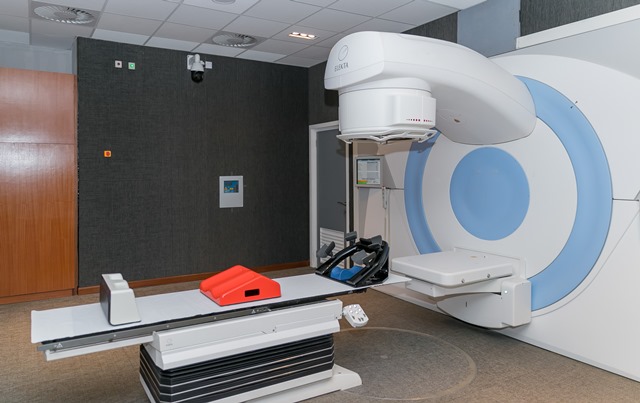The Rwandan government will officially launch its strategy to eliminate cervical cancer by 2027 on Feb. 1, aligning with activities to mark World Cancer Day on Feb. 4.
The plan supports the World Health Organization’s (WHO) 90-70-90 targets, which aim to vaccinate 90% of girls aged 13 to 15 against human papillomavirus (HPV), screen 70% of women aged 29 to 49 for cervical cancer, and ensure 90% of women with pre-cancerous or cancerous lesions receive appropriate treatment. The announcement coincides with Cervical Cancer Prevention Week, observed Jan. 22-28, which seeks to raise awareness about the disease and promote preventive measures.
“We have prioritized cervical cancer because it is a global elimination initiative,” said Dr. Théoneste Maniragaba, director of the Cancer Program at the Rwanda Biomedical Centre (RBC). “The government has taken all possible measures to ensure we meet the targets by 2027. This includes vaccinating girls, screening women, and providing timely treatment for those diagnosed.”
Maniragaba emphasized the need for skilled human resources, advanced equipment, and infrastructure to implement the plan effectively. Major health facilities, including the University Teaching Hospital of Kigali (CHUK), the University Teaching Hospital of Butare (CHUB), Rwanda Military Referral and Teaching Hospital, Butaro Hospital, and King Faisal Hospital, have been equipped with tools and personnel for cervical cancer screening, surgery, and radiotherapy.
“We need trained professionals to conduct screenings, assist with surgeries, and provide radiotherapy. All these elements are in place to ensure a smooth rollout of the strategy,” Maniragaba said.
Some districts, such as Gicumbi and Karongi, have already achieved the 90-70-90 targets, reflecting Rwanda’s commitment to the elimination goal. However, other areas require additional efforts to meet the benchmarks.
As part of Cervical Cancer Prevention Week and World Cancer Day celebrations, community mobilization and awareness activities are planned. A Car-Free Day walk will take place in Kigali on Feb. 3 to honor survivors and those lost to the disease. Additionally, cervical cancer screening campaigns will launch in districts such as Rubavu, Nyabihu, and Bugesera, where health centers will conduct screenings and educate communities.
“During this week, we will inform the community about ongoing activities. Our teams are already conducting screenings, educating people, and navigating patients for treatment,” Maniragaba added.
Rwanda’s community-based health insurance scheme now includes cancer treatment, covering surgery, radiotherapy, and chemotherapy—a significant step toward reducing the financial burden of care.
“This will increase healthcare-seeking behavior because patients will no longer fear the financial strain of treatment,” Maniragaba said. “It aligns with our strategy to ensure 90% of women diagnosed with cervical cancer receive timely and effective treatment.”
The WHO’s global strategy aims to reduce cervical cancer incidence to fewer than four cases per 100,000 women annually by 2030. Achieving the 90-70-90 targets is critical for countries to eliminate cervical cancer as a public health problem within the next century.
“If these targets are not met, eliminating cervical cancer will remain a dream. Achieving these goals gives us hope for a future where cervical cancer is no longer an epidemic,” Maniragaba said.

